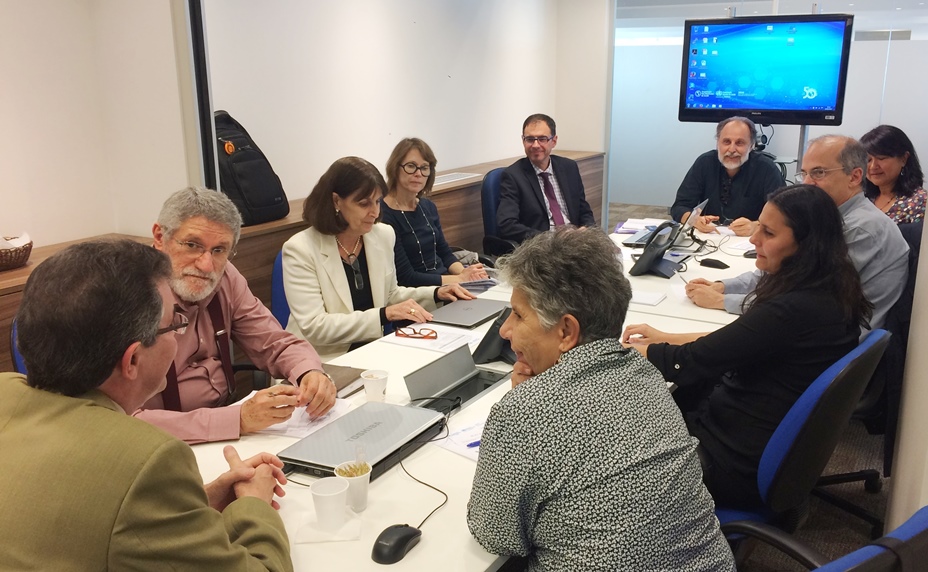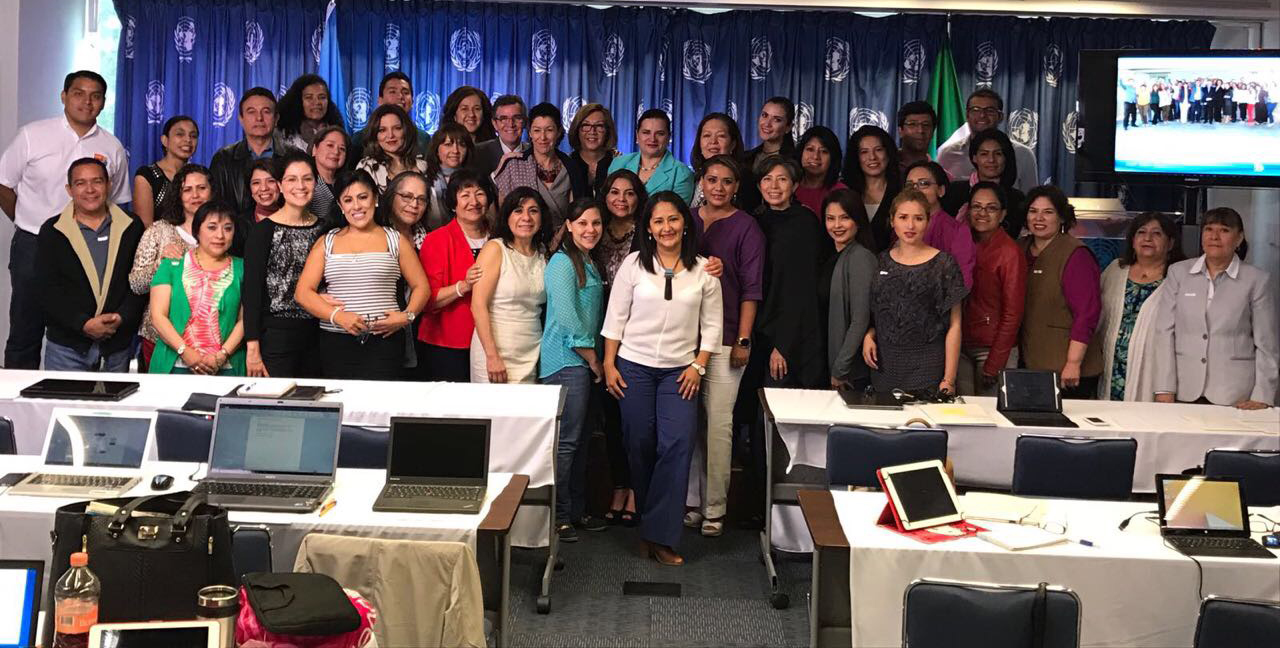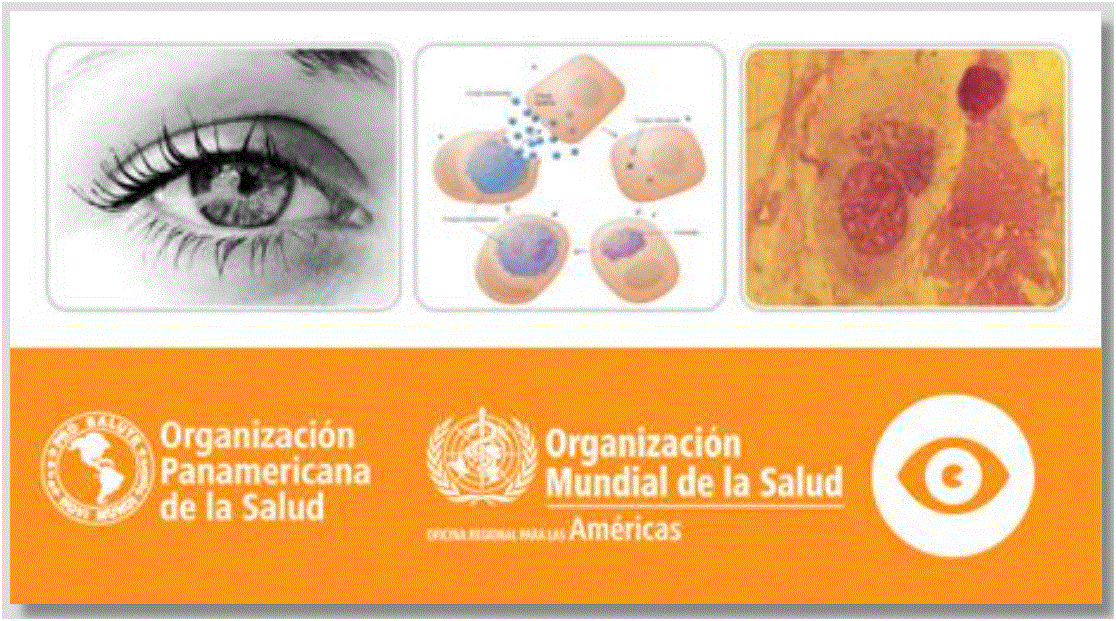BIREME, as a specialized Center of the Pan American Health Organization/World Health Organization(PAHO/WHO) and the Knowledge Management Project of the area of Knowledge Management, Bioethics and Research department (KBR/PAHO), under the management of PAHO/WHO Assistant Director, work in close collaboration on themes of scientific communication in health, strengthening the health publications from the Region, and promoting capacities to improve the quality and quantity of scientific reports, besides making them widely available to healthcare professionals, researchers, students, and decision makers.
Actions on scientific communication in health for the region



